Understanding dashboard warning lights in your Lexus LC is essential for maintaining vehicle safety and preventing costly damage. These lights alert you to potential issues ranging from minor maintenance needs to critical problems that could affect drivability. By recognizing and responding promptly, you can avoid breakdowns, ensure passenger safety, and extend the life of your car.
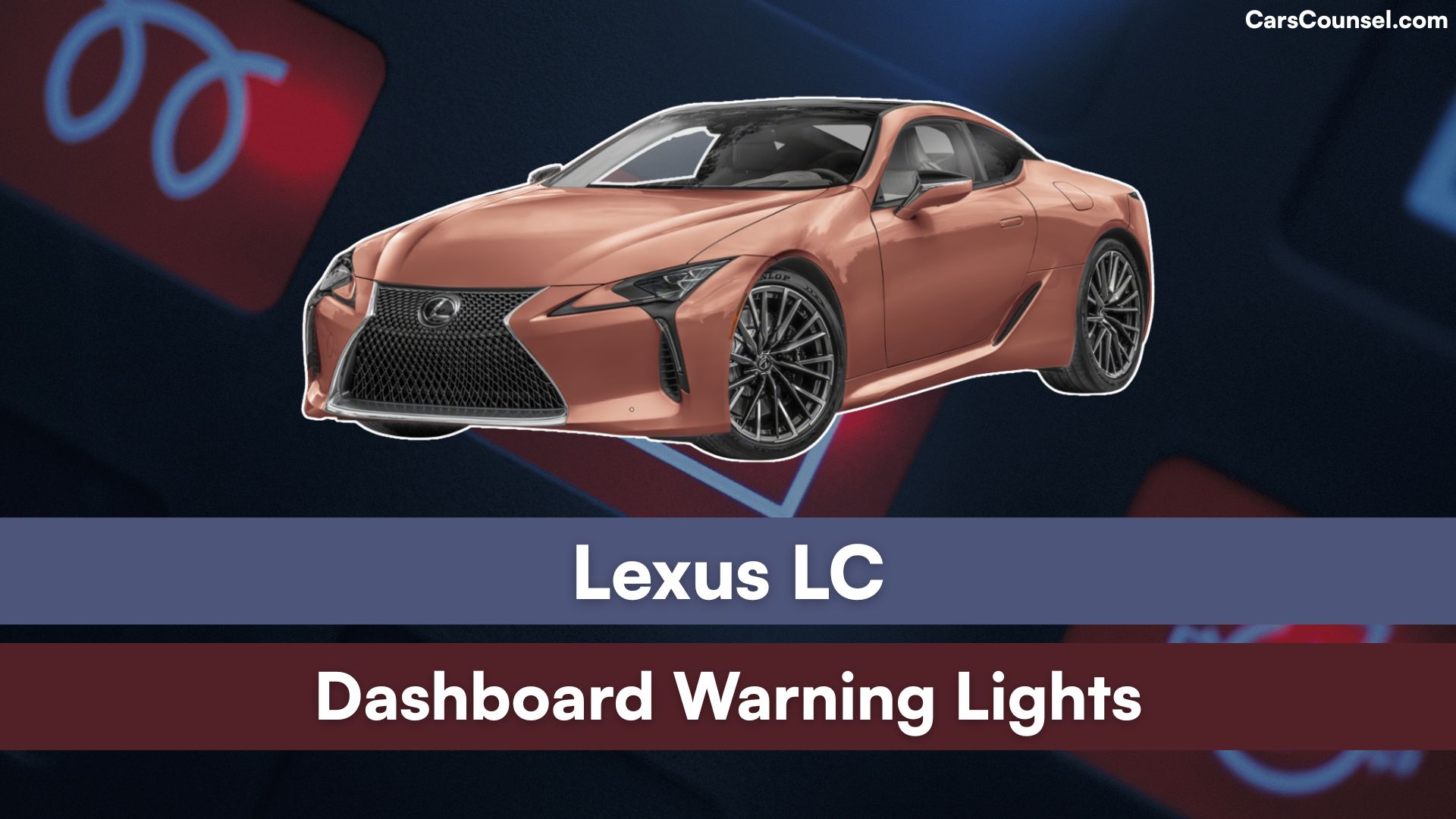
Quick Navigation
Red Warning Lights (Stop Immediately)
Brake System Warning
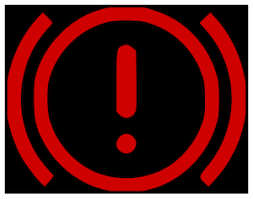
This light signals a problem with the brakes, such as low fluid or a system failure. It could be caused by worn parts or leaks. Stop the car safely right away and call for roadside help or a mechanic to check it.
Engine Oil Pressure Warning
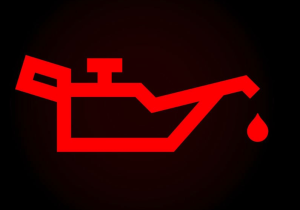
Low oil pressure might mean not enough oil or a pump issue, risking engine damage. Pull over immediately, turn off the engine, check the oil level, and add more if needed before driving to a service center.
High Coolant Temperature Warning
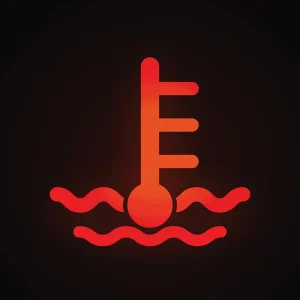
The engine is overheating, possibly from low coolant or a faulty thermostat. Stop the vehicle in a safe spot, let it cool down, and inspect coolant levels; do not drive until fixed to avoid engine harm.
Charging System Warning
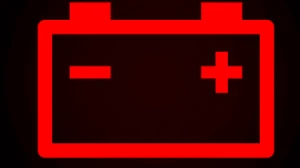
This indicates a battery or alternator problem, where the battery isn’t charging properly. Stop driving as soon as possible and have the electrical system inspected to prevent a dead battery.
Power Steering Warning

A fault in the power steering system makes steering harder and less safe. It could stem from low fluid or sensor issues. Pull over safely and seek professional help immediately.
Airbag Warning

The airbag system has a malfunction, which might prevent airbags from deploying in a crash. Caused by wiring problems or sensor failures. Stop and get it checked at a service center right away.
Seatbelt Reminder

This alerts if the driver or passengers aren’t buckled up. It’s a safety prompt to fasten belts. Buckle up immediately to turn it off and ensure protection during drives.
Low Brake Fluid Warning

Brake fluid is too low, possibly from a leak, affecting stopping power. Stop the vehicle safely and add fluid or visit a mechanic to fix any leaks.
Master Warning Light
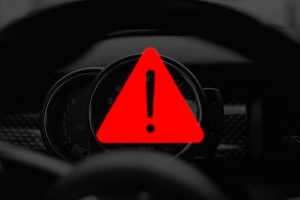
A general alert for serious issues like system failures. It flashes with a message on the display. Stop and review the message, then contact service for diagnosis.
Hybrid System Overheat (if equipped)
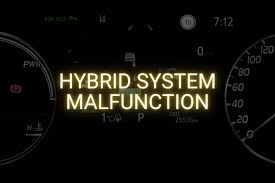
The hybrid components are too hot, often from heavy use or cooling issues. Pull over, let it cool, and have it inspected to prevent damage.
Transmission Warning
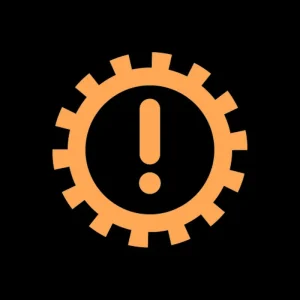
Indicates overheating or a fault in the transmission. Caused by low fluid or mechanical issues. Stop driving and tow to a service center.
ABS Warning (Red)
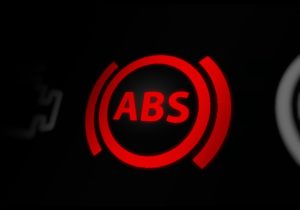
The anti-lock brake system is faulty, risking wheel lockup in hard stops. Pull over and have brakes checked urgently.
Door Ajar Warning

A door isn’t fully closed, which could be unsafe at speed. Stop and secure all doors before continuing.
Engine Overheat Warning

Similar to coolant temp, this shows extreme engine heat from various causes. Stop, cool down, and service promptly to avoid severe damage.
Yellow/Amber Warning Lights (Action Required Soon)
Check Engine Light
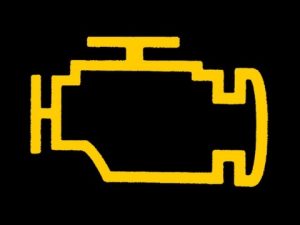
This means there’s an issue with the engine, emissions, or throttle system. Possible causes include a loose gas cap or sensor failure. Schedule a service visit soon to diagnose and fix.
Tire Pressure Monitoring System (TPMS)
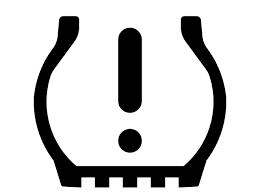
One or more tires have low pressure, affecting handling and fuel use. Inflate tires to the recommended level as soon as possible.
Slip Indicator
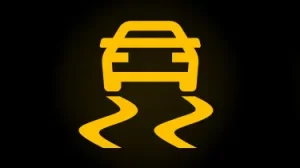
The stability or traction control system is off or faulty, often from slippery roads or malfunctions. Drive carefully and have it inspected soon.
Low Fuel Warning
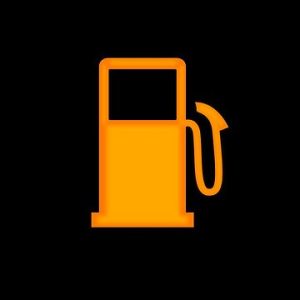
Fuel level is low, risking running out. Refuel at the next station to avoid being stranded.
Service Vehicle Soon
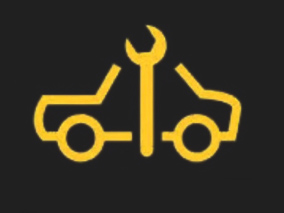
It’s time for routine maintenance like an oil change or tire rotation. Schedule an appointment to keep the car in good condition.
ESP/Stability Control Warning
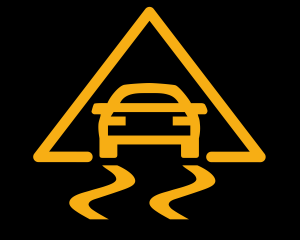
Electronic stability program has a fault, reducing control on turns. Caused by sensor issues; get it fixed promptly.
Glow Plug Warning (if diesel-equipped)

Glow plugs aren’t heating properly for cold starts. Wait longer before starting or visit service if it persists.
DPF Warning
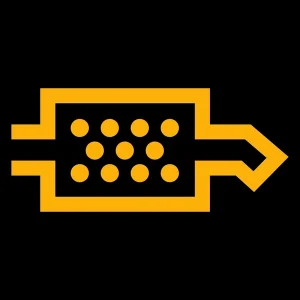
Diesel particulate filter is clogged, if applicable. Drive at highway speeds to clear it or seek professional cleaning.
Transmission Temperature Warning
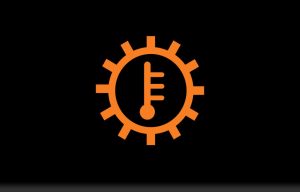
Transmission fluid is too hot, possibly from towing or hard driving. Let it cool and check fluid levels soon.
Lane Departure Warning
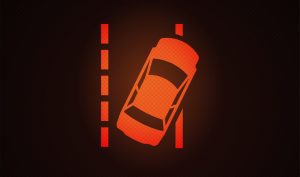
The system detects unintended lane drifting or has a fault. Clean sensors or recalibrate at a service center.
Pre-Collision System Warning

Collision avoidance sensors are blocked or malfunctioning. Clean them and drive cautiously until serviced.
Coolant Level Warning
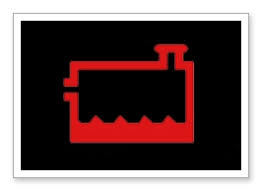
Coolant is low, risking overheating. Top up the coolant reservoir and check for leaks soon.
Brake Pad Wear Indicator

Brake pads are worn thin, reducing stopping power. Replace pads at a service center to maintain safety.
Green Warning Lights (Information Only)
Eco Mode Indicator
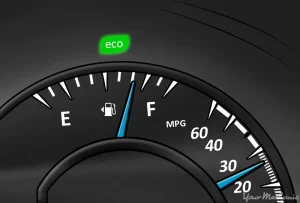
The car is in fuel-saving eco mode, adjusting throttle for efficiency. No action needed; it’s just confirming the mode is active.
Cruise Control On
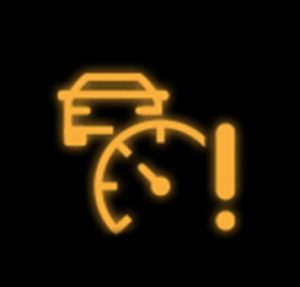
Adaptive cruise control is engaged, maintaining speed. It’s informational; adjust as desired via controls.
High Beam Indicator

High beam headlights are on for better night visibility. No action; switch to low beams when oncoming traffic appears.
Turn Signal Indicators
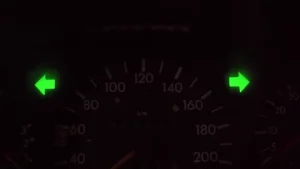
Blinkers are active, signaling a turn. They remind you to turn them off after changing lanes.
Front Fog Light On

Fog lights are activated for low-visibility conditions. Turn off when not needed to save energy.
Headlight On Indicator

Automatic headlights are illuminated. It’s a status light; no immediate action required.
Hybrid Ready Indicator (if equipped)
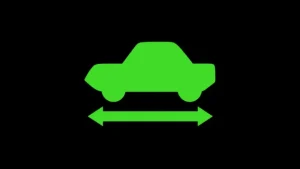
The hybrid system is ready to drive in electric mode. Proceed normally; it’s just a status update.
EV Mode Indicator
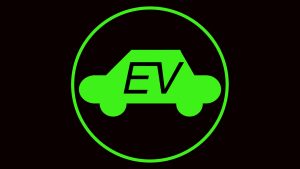
The vehicle is running on electric power only. Enjoy quiet driving; switches automatically as needed.
Sport Mode Indicator
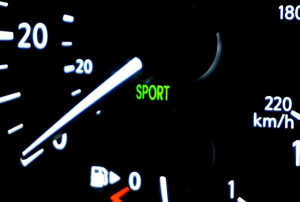
Sport driving mode is selected for sharper handling. No action; change modes via the selector.
Low Beam Indicator
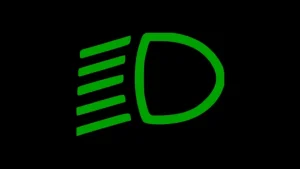
Low beam headlights are on. Confirms operation; adjust if necessary.
Security System Indicator
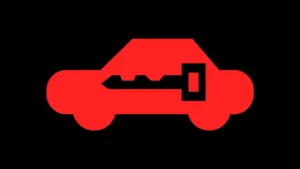
The anti-theft system is armed. Blinks to show it’s active; no action unless there’s an issue.
Information Display Light
General info like odometer or trip data is shown. Use it to monitor mileage or fuel economy without action.
When looking at Lexus, make sure to check out our guides on models like the Lexus RC, Lexus NX, Lexus LS, and LEXUS RX. Understanding dashboard warning lights is essential. Our expert reviews break down what each light means, highlighting common alerts for these models and what they could signal about underlying issues, so you’re never left guessing behind the wheel.

